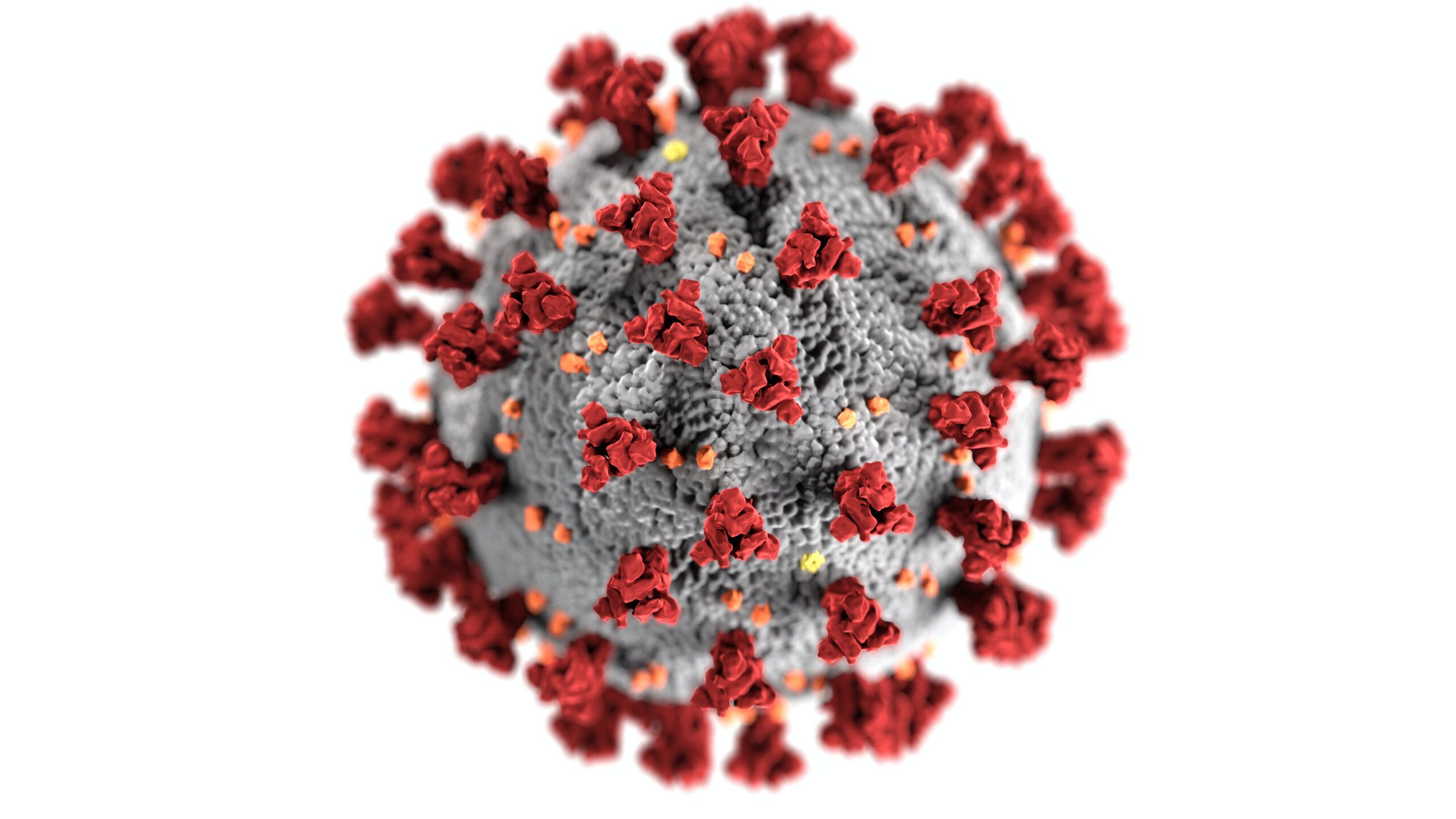The COVID-19 Impact on Teenagers’ Brains: Key Findings and Insights
The COVID-19 pandemic brought significant changes to our lives worldwide. It affected how we interact, especially for teenagers who experienced the most impact on their mental well-being.

Key Points:
- Teenage Brain Development:
- During the teenage years, our brains are still developing, influenced by social experiences like exploring, making friends, and being part of social groups.
- The pandemic raised questions about how changes in behavior might affect the social development of teenagers’ brains.
- Brain Growth Stages:
- The human brain goes through various growth stages, with thickness and surface area of grey matter indicating its structure.
- Social brain regions, like the prefrontal cortex, experience prolonged development during the teenage years.
- Influence of Genetic and Environmental Factors:
- Social brain regions are influenced by genetic and environmental factors, such as growing up in a low socioeconomic environment.
- Quality of friendships has been linked to changes in the brain, but the impact of COVID-19 experiences on social brain regions is not fully understood.
- Subcortical Brain Changes:
- Subcortical regions like the amygdala and hippocampus undergo changes during the teenage years, and stress can impact their volume.
- The study aimed to investigate how the pandemic affected the development of these regions in teenagers.
- Duration of Pandemic Effects:
- Immediate changes may have a significant impact, but longer exposure to pandemic-related changes could accumulate effects.
- The study focused on understanding how the duration of the pandemic influenced brain development, empathy, and prosocial behavior in teenagers.
- Research Approach:
- Data from a long-term study with twins, started in 2015, was used to compare those tested before and during the pandemic.
- The researchers aimed to provide valuable insights into the long-term effects of the pandemic on the developing brains of teenagers.
Conclusion: The study contributes crucial information about the social and psychological impacts of global events on young individuals. Understanding these effects is essential for developing strategies to support teenagers’ mental health and well-being in the face of similar challenges in the future.

Unveiling Insights for Future Well-being

Key Questions Explored by Researchers:
- Social Brain Development:
- Researchers hypothesized that pandemic-related experiences would accelerate social brain development in teenagers.
- They expected to observe larger decreases in grey matter thickness and surface area in those tested during the pandemic.
- Duration of Pandemic Effects:
- Exploring whether the length of exposure to the pandemic influenced brain development was a crucial aspect of the study.
- Immediate changes were considered impactful, but the study delved into whether longer exposure had accumulating effects.
- Impact on Subcortical Regions:
- The study focused on subcortical brain regions, specifically the amygdala and hippocampus, associated with emotional responses and memory.
- Stressful experiences introduced by the pandemic were investigated to understand their influence on the development of these regions in teenagers.
- Empathy and Prosocial Behavior:
- The researchers sought to comprehend how the duration of the pandemic affected empathy and prosocial behavior in teenagers.
- Given mixed findings in previous studies, this aspect aimed to provide clarity on the social behavior changes during the pandemic.
Significance of the Study:
The ongoing longitudinal study, interrupted during its fifth phase by the pandemic, allowed researchers to draw meaningful conclusions about the lasting impacts on teenagers. By comparing data from those tested before and during the pandemic, the study aimed to fill critical gaps in our understanding of how global events affect young minds.

Future Implications:
Understanding the nuances of teenage brain development during the pandemic has broader implications for crafting strategies to support the mental health and well-being of teenagers in similar challenging circumstances. The insights gained from this study can guide future interventions and policies to address the unique needs of this age group.
In essence, this research not only unravels the immediate impacts of the COVID-19 pandemic on teenagers but also provides a roadmap for cultivating resilience and well-being among the youth facing unprecedented global challenges. The study’s comprehensive approach to exploring various facets of brain development and social behavior sets the stage for a more nuanced understanding of the pandemic’s profound and lasting effects on the upcoming generation.






